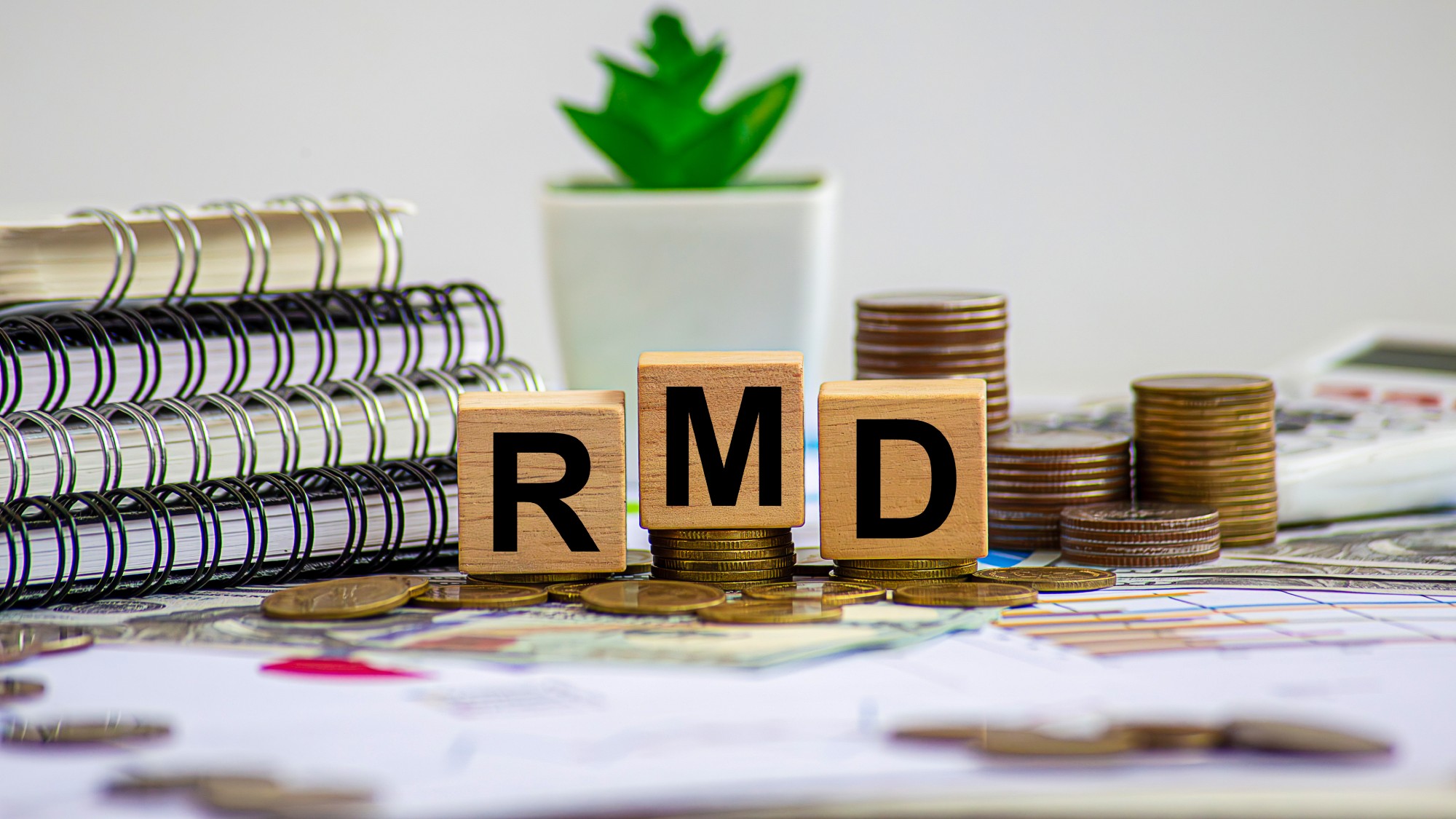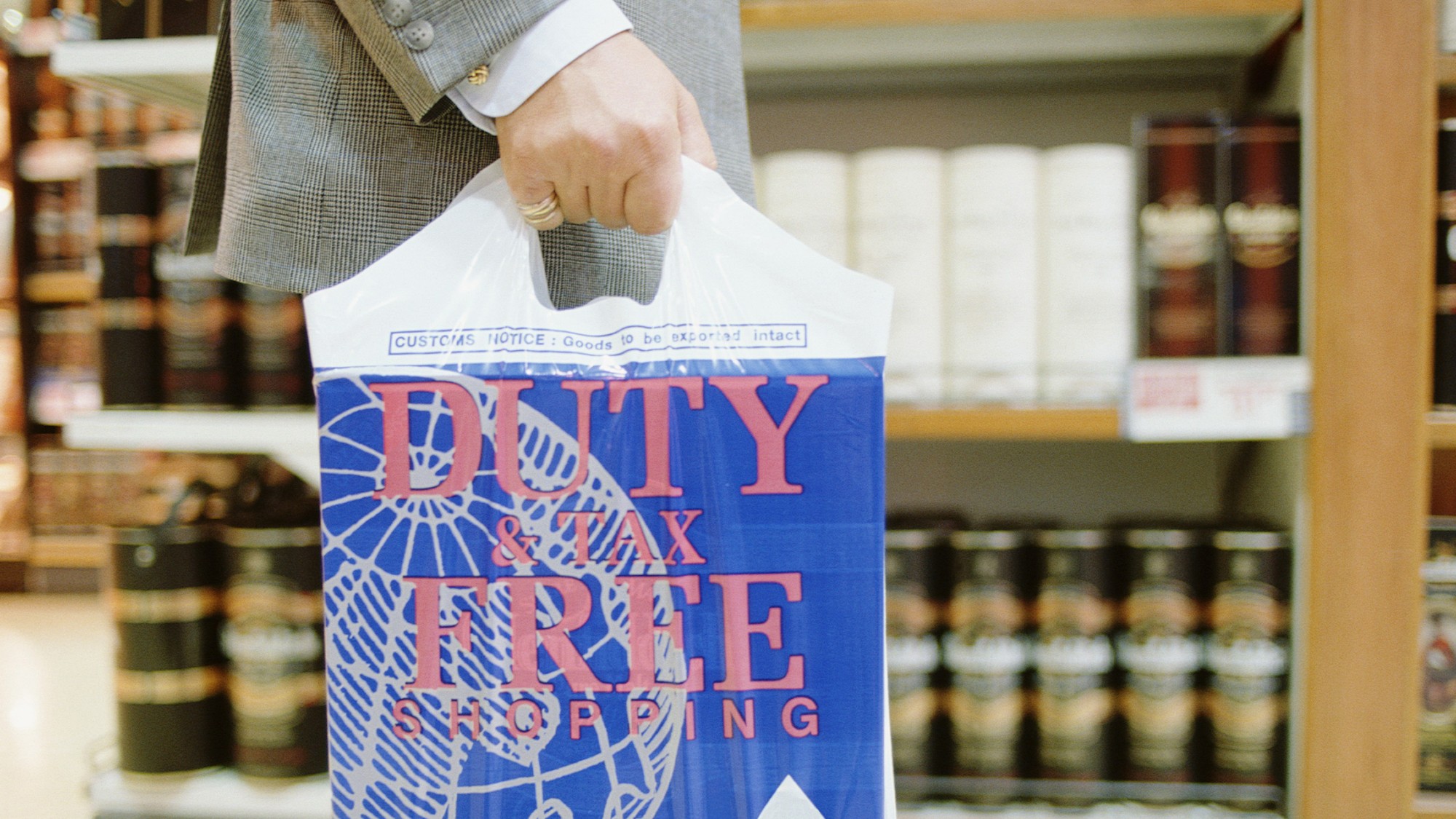Annuity vs. drawdown: what’s the best way to access retirement savings?
Experts say that annuities could be making a comeback following recent interest rate rises

A free daily email with the biggest news stories of the day – and the best features from TheWeek.com
You are now subscribed
Your newsletter sign-up was successful
Rising interest rates have made annuities a more attractive option for retirees accessing their pension, but it is important to choose the right route for you.
“People have much more choice these days when it comes to converting their pension savings into income when they retire,” said Which?.
But taking money from your pension “can be taxing”, warned MoneySavingExpert – “if you do it the wrong way!”. Don’t start taking money out without first getting guidance, as “some pay £10,000s more than they need to in tax”.
The Week
Escape your echo chamber. Get the facts behind the news, plus analysis from multiple perspectives.

Sign up for The Week's Free Newsletters
From our morning news briefing to a weekly Good News Newsletter, get the best of The Week delivered directly to your inbox.
From our morning news briefing to a weekly Good News Newsletter, get the best of The Week delivered directly to your inbox.
When can you access your pension?
You can access your private pension savings from age 55, rising to 57 from 6 April 2028. This is different to the state pension, which is paid from age 66.
Be aware that the earlier you start taking money out of your pension, the longer it might need to last, said MoneyHelper. “So it’s important to think carefully about how you manage your money – to avoid it running too low as you get older.”
Traditionally, explained Which?, people would take 25% of their pension pot tax-free and buy an annuity – which pays a fixed income for life – with their defined contribution pension savings.
But pension freedom rules introduced in 2015 mean you can now access all of your pension savings from age 55 in any way you like.
A free daily email with the biggest news stories of the day – and the best features from TheWeek.com
Taking the tax-free lump sum
You can take your whole pension pot as cash straight away if you want, explained Citizens Advice, no matter what size it is and 25% of the withdrawal will be tax-free. You’ll pay tax on the rest as if it were income.
This can be an attractive option if you want larger sums to spend early on in your retirement, such as for travelling, said Unbiased. “However, you still need to keep a level head and ask yourself how much you can afford to spend” so you don’t run out of money.
Rather than in one lump sum, the pension freedom rules also let you take out money when you want, with 25% of each withdrawal tax-free.
The main advantage of this option is that you can spread the money you take over a number of tax years, explained MoneyHelper. “This could help reduce the overall amount of tax you pay.”
You could carry on doing this until your pot runs out or consider a drawdown or annuity product.
The annuity vs. drawdown debate
An annuity is a type of insurance product that will pay you a fixed income for the rest of your life.
Annuity rates are linked to government bond (gilt) yields, explained MoneyWeek. These soared last year, particularly following the mini-budget in September. Experts say annuities could be poised for a comeback following interest rate rises, which will give retirees an income boost. “Annuities are an attractive option for those who prefer the security of the guaranteed income they provide,” the financial website added.
The downside is that you can’t vary the payment amount after you set it up, warned Unbiased, “and it could be many years before you get back as much as you paid for it”.
Alternatively, drawdown lets you to take out as much money as you like, as often as you like. With drawdown, you leave the rest of your pension savings invested, explained The Money Edit, and either set up regular withdrawals or take out money as and when.
Ideally, your investments will do well, your pension will get bigger and it will last the rest of your life. However, “there is a risk your investments will fall in value, or you withdraw too much cash – or both – and you run out of money during retirement”.
Money from annuities and drawdown is taxed as income.
You don’t have to choose one option or the other exclusively, added Unbiased. Instead, you can set up a range of strategies for taking income from your pension pots, “to provide your ideal balance of flexibility and security”.
You may prefer to use drawdown to begin with, added MoneyWeek, and buy an annuity later. “The older you are, the better the annuity rate.”
Marc Shoffman is an award-winning freelance journalist, specialising in business, property and personal finance. He has a master’s degree in financial journalism from City University and has previously written for FT Adviser, This Is Money, the Mail on Sunday and MoneyWeek. This article is based on information first published on The Week’s sister site, The Money Edit
Marc Shoffman is an NCTJ-qualified award-winning freelance journalist, specialising in business, property and personal finance. He has a BA in multimedia journalism from Bournemouth University and a master’s in financial journalism from City University, London. His career began at FT Business trade publication Financial Adviser, during the 2008 banking crash. In 2013, he moved to MailOnline’s personal finance section This is Money, where he covered topics ranging from mortgages and pensions to investments and even a bit of Bitcoin. Since going freelance in 2016, his work has appeared in MoneyWeek, The Times, The Mail on Sunday and on the i news site.
-
 What to know before filing your own taxes for the first time
What to know before filing your own taxes for the first timethe explainer Tackle this financial milestone with confidence
-
 The biggest box office flops of the 21st century
The biggest box office flops of the 21st centuryin depth Unnecessary remakes and turgid, expensive CGI-fests highlight this list of these most notorious box-office losers
-
 The 10 most infamous abductions in modern history
The 10 most infamous abductions in modern historyin depth The taking of Savannah Guthrie’s mother, Nancy, is the latest in a long string of high-profile kidnappings
-
 What to know before filing your own taxes for the first time
What to know before filing your own taxes for the first timethe explainer Tackle this financial milestone with confidence
-
 Six ways to boost your finances in 2026
Six ways to boost your finances in 2026The Explainer It’s not too late to make a new year’s resolution to finally get organised money-wise
-
 3 required minimum distribution tax mistakes to avoid
3 required minimum distribution tax mistakes to avoidThe Explainer Missteps in making withdrawals from tax-advantaged retirement accounts can cost you big
-
 Is duty-free shopping worth it?
Is duty-free shopping worth it?the explainer How to determine whether you are actually getting a good deal
-
 What the 2025 Autumn Budget could mean for your wallet
What the 2025 Autumn Budget could mean for your walletThe Explainer Chancellor Rachel Reeves will reveal her latest plan to balance the nation’s finances in November
-
 What taxes do you pay on a home sale?
What taxes do you pay on a home sale?The Explainer Some people — though not many — will need to pay capital gains taxes upon selling their home
-
 Clean energy tax credits are going away. Here's how to get them before it's too late.
Clean energy tax credits are going away. Here's how to get them before it's too late.The Explainer Trump's recently passed megabill promises the early demise of clean energy tax credits
-
 How will the new tax deductions on auto loans work?
How will the new tax deductions on auto loans work?the explainer Trump's One Big Beautiful Bill Act introduced a tax deduction on auto loan interest — but eligibility for the tax break is limited